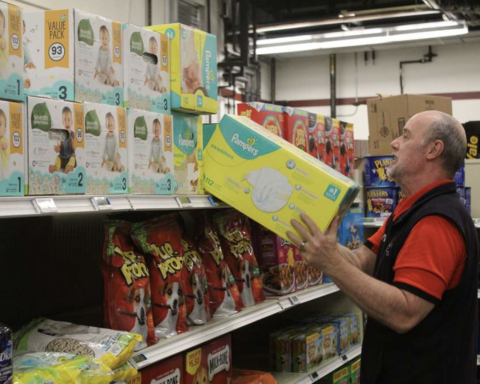by Joey Graham, Indiana News Service
New findings confirm suspicions about the top reasons many students considered dropping out of college over the last six months.
The Gallup and Lumina Foundation report, “Stressed Out and Stopping Out: The Mental Health Crisis in Higher Education,” reveals about three in five undergraduates say emotional stress and mental health are the biggest reasons they’ve considered quitting.
Both far exceed such other factors as cost and course difficulty. Dr. Zainab Okolo – strategy officer at Lumina Foundation – said a growing mental-health crisis is making it difficult to keep pace with students requesting assistance.
“Counseling professionals were overwhelmed, where they had to create waitlists for students that were brave enough to finally reach out for help,” said Okolo. “On average now, the waitlists are about eight months. This is a resource demand issue, and the data has made it clear that our students need these mental health resources.”
Okolo said isolation exacerbated during the COVID-19 restrictions is waning, but warns students in a two or four year program are just as likely to drop out today than they were during the once-in-a-generation pandemic.
One of the glaring data points for Okolo is that 73% of young adults who decided to forgo higher education entirely, say mental health issues are a significant reason – ranking higher than their need to work.
She said it’s an “all hands” on deck situation, with every sector having to make significant adjustments to re-center, and reconsider mental health.
“One example of that – the National Governors Association – their winter meeting was centered on how to equip and inform governors around their investments,” said Okolo. “And then, we’re seeing – in North Carolina, California, Kentucky and Louisana – these governors coming together and going, ‘Yes, we hear you, and let’s put some funding towards that work.'”
Okolo added that in states like Indiana, with a high concentration of rural communities, students who have challenges accessing in-person services would benefit from online services.
The survey says seven in 10 college students rate their on-campus mental health resources positively, although those who actually face mental-health issues rate them lower.
Lumina Foundation Vice President of Impact and Planning Courtney Brown said schools can learn from these results.
“There’s a way to help students, so this isn’t a doom and gloom,” said Brown. “We can actually use this and move forward. And we did see in the data that that students who felt like they were were supported by faculty and students experienced much less stress.”
Support for this reporting was provided by Lumina Foundation.

















